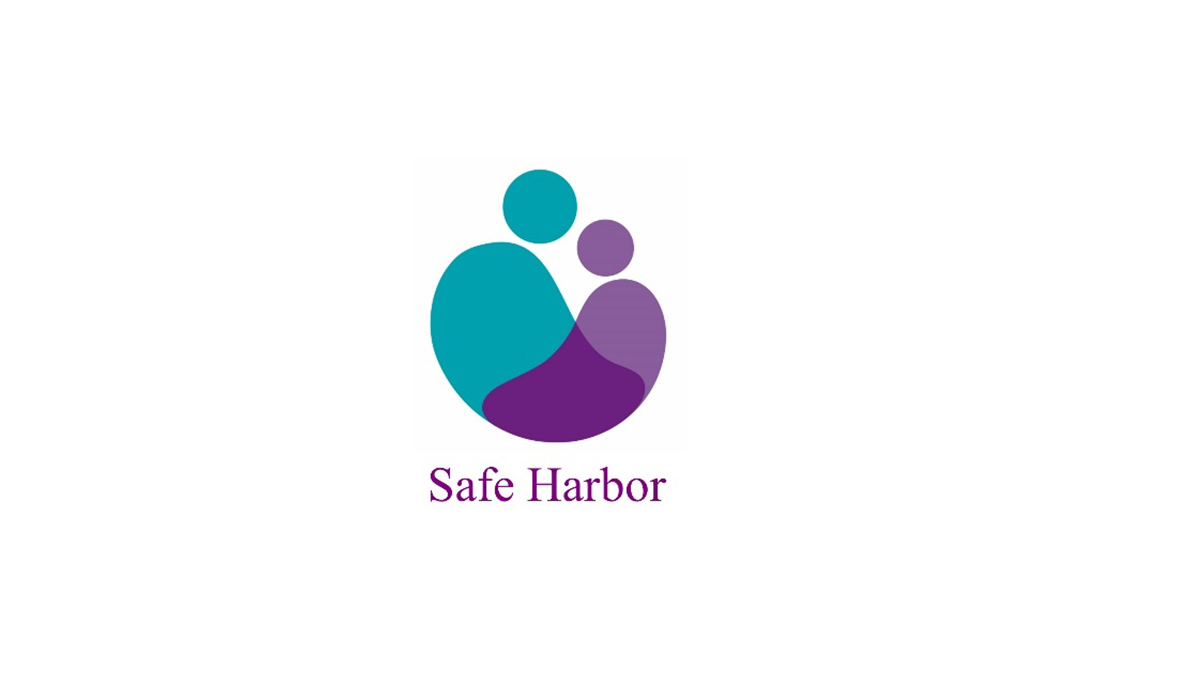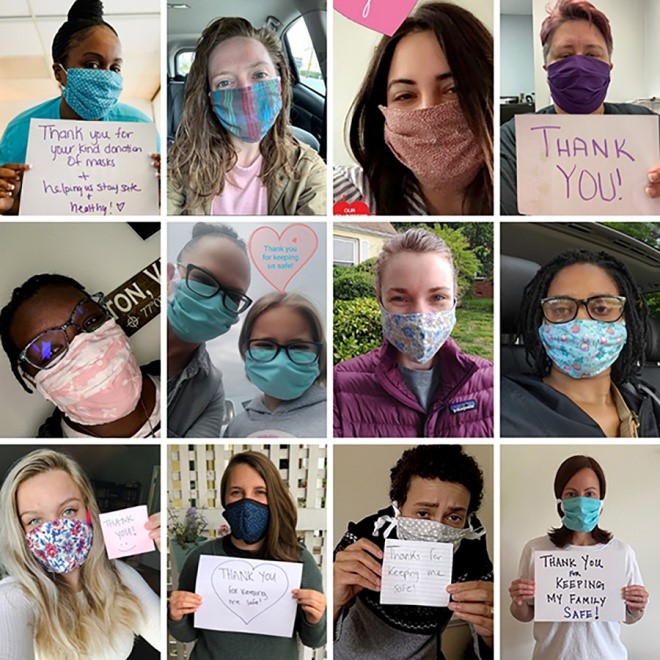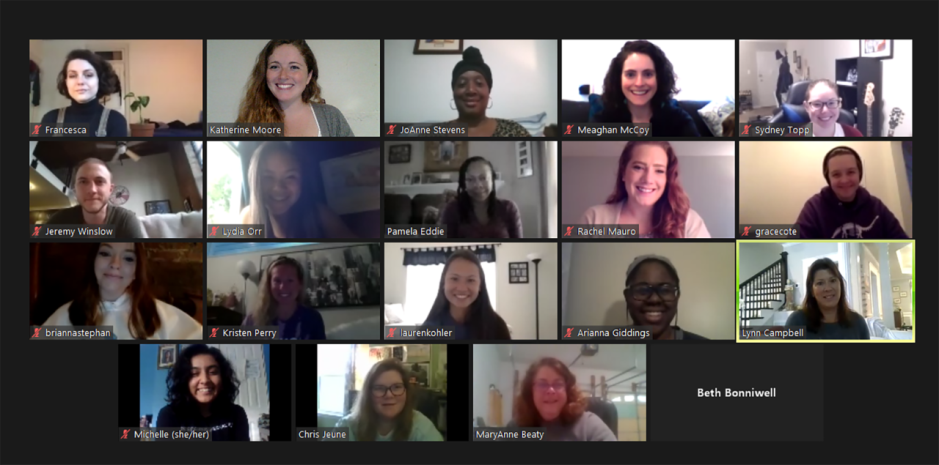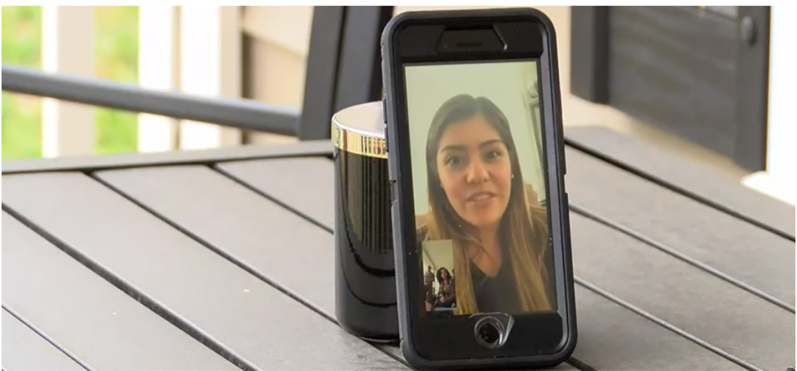In the wake of the COVID-19 crisis, Kim Dailey, SDV Program Manager, had to adapt operations to protect current clients and assist new clients. Safe Harbor quickly realized that the pandemic would likely increase the need for services and increase the danger for survivors trapped in their home with an abuser. Quarantine and stay-at-home orders created new financial stresses for families. Richmond, like much of the rest of the country, was facing furloughs and lost paychecks. And the turmoil created by closed schools, anxiety about illness, and frustration in isolation would mean eruptions of violence.
To answer the new and increased needs, Safe Harbor has decided to house new clients in hotels for the safety of shelter clients. The clients in hotels are given food and personal care items; many survivors requiring emergency shelter leave home with just the clothes on their back.
A plan is in place to test clients for COVID-19 and they can move from hotel to shelter if they test negative. To date, all of the clients housed in hotels have been able to find a safe place to go to.
In addition, staff now provide case management over the phone. Dailey said that this change was one of the hardest for her because she missed being face-to-face with clients.
The SDV shelter, which has robust security systems that allows Safe Harbor staff to monitor the house remotely, no longer has the consistent presence of staff. Dailey decided that staff can visit the house for short periods of time, follow social distancing guidelines, and wipe down handles of the house on each visit. She didn’t want clients to feel disconnected from the team that would help them rebuild their lives. Her goal is that clients continue to see staff at least once a day.
The number of calls for emergency shelter has increased during the pandemic, and Dailey said she’s also seen an increase in returning clients who need emotional support as they navigate the new normal.
“My team is working with clients on safety plans. Safe Harbor has always helped SDV clients with critical resources such as food and personal items,” Dailey said. “With Safe Harbor’s community offices closed, we visit the food pantry at the offices and bring bags of food to clients in need.”
Dailey describes the heroic efforts of her staff in conducting safe exchanges. She and her team continue to provide essentials to clients in ways that keep the clients as safe as possible.
“One client who was continuing to receive case management was struggling with food insecurity. The woman had children and no family in the Richmond area. We arranged a safe meeting place,” Dailey said. “I delivered to her 6 bags of food and items for her children including coloring books. We will do whatever we need to do to serve our clients safely. For this client, it was case management in a parking lot.”
The words of that client sum up how Safe Harbor has been a light in the darkness created by COVID-19: “Safe Harbor is now my family. I don’t know how I would have made it through without them.”
Gratitude Report 2020
A Call for Masks: Our Community Answered!
When COVID-19 hit, Safe Harbor quickly developed a plan to continue essential services, adapting those services to keep clients and staff as safe as possible. It quickly became apparent that…
Partnering with the Community: Volunteer Training Continues
Safe Harbor has served the greater Richmond community for 20 years, and its strength has been the partnership they’ve forged within the community. Its volunteer program exemplifies the strong bond…
Real Support Through Virtual Counseling: Safe Harbor’s Free Counseling Program Continues
Safe Harbor’s free counseling program has rebuilt the lives of many survivors of sexual and domestic violence and human trafficking. The isolation created by COVID-19 has increased the need for…
The Shadow Pandemic
“We see a shadow pandemic growing of domestic violence.” – Phumzile Mlambo-Ngcuka, Executive Director of United Nations Women Mlambo-Ngcuka is highlighting a crisis borne of the global lockdown due to…




